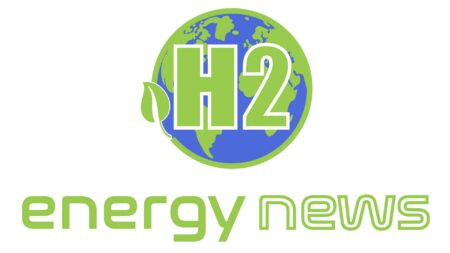NanoSUN, a world-renowned and award-winning engineering firm specializing in the development of mobile hydrogen refueling solutions, informed that HydrogenOne Capital…
Green hydrogen production will be investigated by Infinity Lithium and Thyssenkrupp in a joint effort. The partnership will begin with…
French researchers and a company specializing in PEM (proton exchange membrane) electrolysis signed an agreement to collaborate on research and…
Fortescue Future Industries (FFI) and AGL Energy are investigating the possibility of generating green hydrogen at two coal-fired power plants…
Woodside, Australia’s largest energy company, has announced ambitions to expand its hydrogen production portfolio into the United States, purchasing property…
RWE and Novatek have signed a memorandum of understanding to cooperate more closely on the subject of low-carbon and carbon-free…
The Japanese Minister of Economy, Trade, and Industry (MITI) approved a hydrogen drone equipped with H3 Dynamics’ AEROSTAK hydrogen fuel…
Over the last year, the hydrogen and fuel cell industries have grown at a rate that far exceeds predictions. As…
Employees of Kuzbass State Technical University named after T.F. Gorbachev are creating a unique complex of “deep use” of waste,…
EasyJet has approved plans to develop liquid hydrogen-powered mid-size aircraft in the future, enabling carbon-free flying. The Aerospace Technology Unit…


